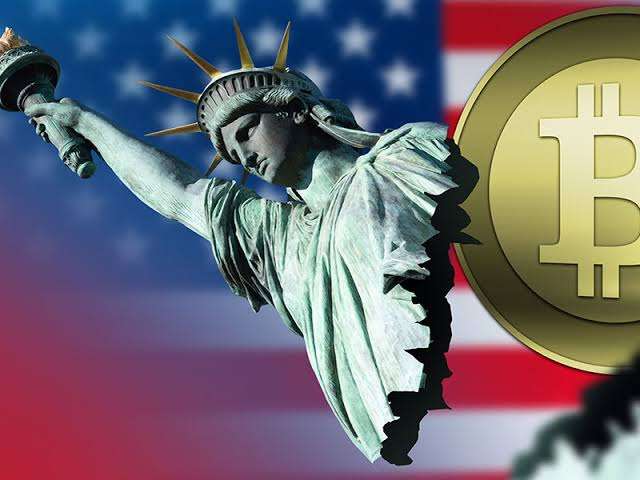Grayscale and Harris Poll, according to a post dated December 21, have partnered to predict the role of crypto in the 2024 presidential election.
According to the report, Bitcoin (BTC), Ethereum (ETH), and other cryptocurrencies were discussed in the American presidential primary debate for the first time in history.
This led to the publication of the 2024 Election: The Role of Crypto, a survey conducted by Grayscale on behalf of The Harris Poll, an American market research and analytics firm.
Notable findings of this study included the assertion that 46% of prospective electors would delay investing in cryptocurrencies while awaiting the implementation of further policies and regulations about digital assets.
Concurrently, the data revealed that forty percent of respondents plan to include cryptocurrencies in their future investment portfolios, indicating an increasing level of acceptability towards this nascent financial domain.
Additionally noteworthy is that 48% of the electors surveyed believed that additional policies or regulations about cryptocurrencies would encourage them to invest.
Further, the survey reveals a generational trend in which Millennials and Generation Z are extremely curious about the candidates’ knowledge of cryptocurrencies.
59% of respondents from both demographic groups indicate that they are likely to support a candidate who is knowledgeable about crypto issues.
Furthermore, 50% and 48% of respondents, respectively, consider a candidate’s position on cryptocurrencies to be a deciding factor in their 2024 U.S. presidential election vote.
Consistent with a report from November 9, Michael Novogratz, the CEO of Galaxy Digital Holdings, voiced concerns regarding advancing crypto regulations in the United States before the expected 2024 presidential elections.
During the company’s third-quarter earnings teleconference, Novogratz projected that U.S. cryptocurrency regulation would be postponed until after the elections of 2024.
Given the probable interest of numerous electors in cryptocurrency regulation, Novogratz’s forecast is likely to be scrutinized.












